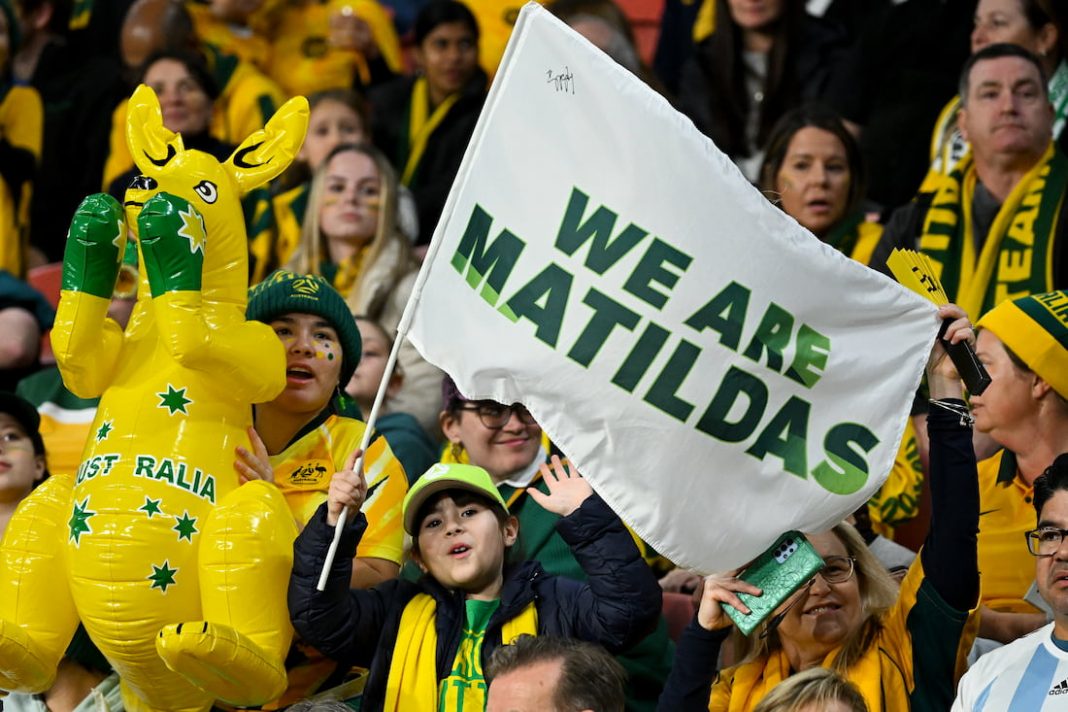Experts at the Australian National University (ANU) have picked ‘Matilda’ as their Word of the Year, due to the soaring popularity of the Australian women’s soccer team after their semi-final run at this year’s FIFA Women’s World Cup 2023.
The team name (Matildas, or ‘Tillies’ for short) and singular form (Matilda) were everywhere as Matildas mania swept the country, with Australians transfixed by every minute of play.
The Matildas’ semi-final against England was the most-watched TV program in decades in Australia, seen by more than 11 million people.
Each year, the Australian National Dictionary Centre, based at ANU, selects a word or expression that has gained prominence in the Australian landscape over the past 12 months.
The Centre’s Director, Dr Amanda Laugesen, said this year’s choice was easy, given the massive popularity of the team and the word’s long history in Australian English. It also reflects the growth of interest in women’s team sports.
“From the 1880s, ‘matilda’ was one of the names for a swag, a bag of possessions carried by an itinerant man looking for work,” Dr Laugesen said. “These days, most people would only know this in relation to the song Waltzing Matilda.
“It’s only since the mid-1990s that the women’s soccer team has been called the Matildas, but after this year’s World Cup, the word has once again cemented itself in the Australian lexicon.”
Although the exact origins of the term ‘matilda’ in Australian English are unclear, it ultimately comes from the female name.
“The original German name refers to strength in battle, so it’s an appropriate name for a team that has inspired so many people this year, particularly young women and girls,” Dr Laugesen said.
The Centre’s Word of the Year shortlist is dominated by words related to the Australian Indigenous Voice to Parliament referendum. ‘Voice’ was the Centre’s Word of the Year in 2019.
The full 2023 shortlist includes:
- noer: a person who intends to vote no in the referendum on a proposed Aboriginal and Torres Strait Islander Voice to Parliament; a person who voted no in the referendum.
- yesser: a person who intends to vote yes in the referendum; a person who voted yes in the referendum.
- truth-telling: acknowledging and recognising the historical and ongoing mistreatment and injustices affecting Indigenous peoples in Australia.
- hallucinate: (of artificial intelligence) to generate false or inaccurate information and present it as fact.
The Australian National Dictionary Centre researches Australian English in partnership with Oxford University Press Australia and New Zealand, and edits Oxford’s Australian dictionaries.
Oxford University Press is a department of the University of Oxford. It furthers the University’s objective of excellence in research, scholarship, and education by publishing worldwide. OUP is the world’s largest university press with the widest global presence.



